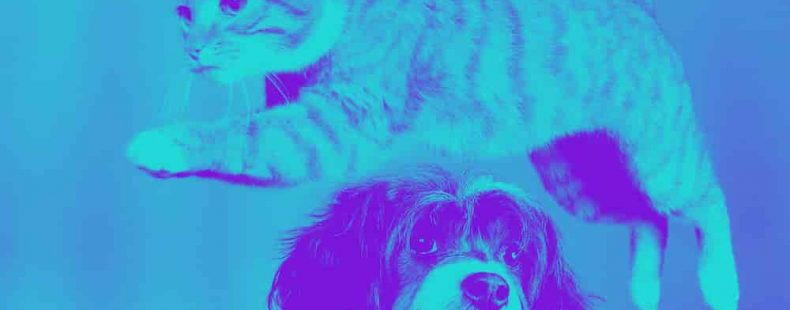You probably hemmed and hawed, deliberated and debated, over what to name your pet. And we have a whole slideshow dedicated to the history of some of the most popular pet names.
But have you ever thought about why Fido is called a dog, or why Bubbles is called a fish? The origins of domesticated animal names are quite diverse, and some are surprising.
To commemorate National Pet Day (which should be every day, as far as we’re concerned), let’s look at how some of the most beloved animals we keep as pets got their names.























